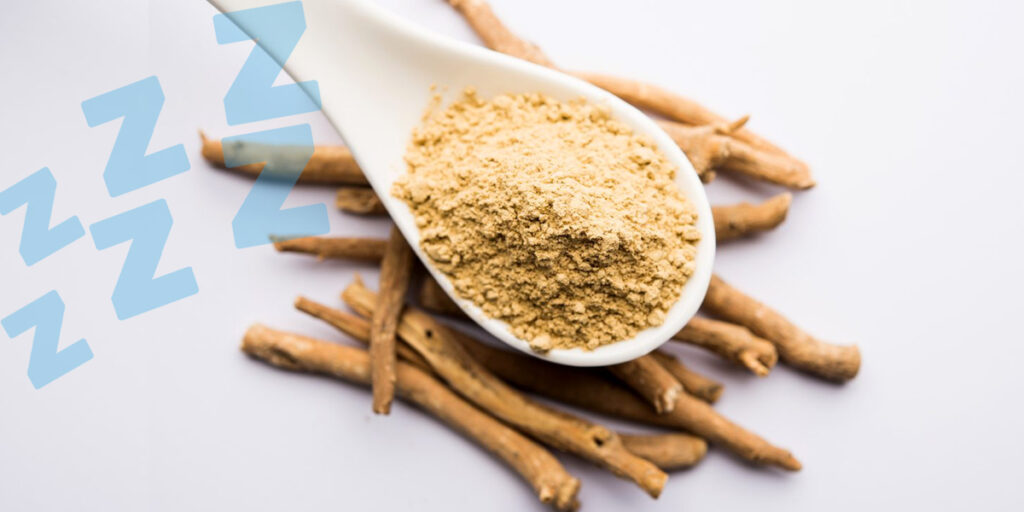Ashwagandha, a popular adaptogenic herb, has been used for centuries in Ayurvedic medicine to promote overall well-being. However, many people wonder, "Does ashwagandha make you sleepy?" This question is particularly relevant in our fast-paced, high-stress world where sleep issues are increasingly common. In this article, we will explore the effects of ashwagandha on sleep, its benefits, potential side effects, and how to incorporate it into your routine effectively.
This comprehensive guide aims to clarify the relationship between ashwagandha and sleepiness while providing evidence-based insights to help you make informed decisions about your health. We will also look into the mechanisms of how ashwagandha interacts with our bodies, its traditional uses, and the scientific research backing these claims.
By the end of this article, you will have a clear understanding of whether ashwagandha is a viable solution for your sleep troubles and how it fits into the broader context of health and wellness. Let's dive in!
Table of Contents
- What is Ashwagandha?
- Biography of Ashwagandha
- Health Benefits of Ashwagandha
- Ashwagandha and Sleep: The Connection
- How to Use Ashwagandha
- Potential Side Effects of Ashwagandha
- Scientific Research on Ashwagandha and Sleep
- Conclusion
What is Ashwagandha?
Ashwagandha, scientifically known as Withania somnifera, is an adaptogenic herb native to India and North Africa. It has been a cornerstone of Ayurvedic medicine for over 3,000 years, revered for its ability to enhance physical and mental endurance.
This powerful herb is often referred to as "Indian ginseng" due to its revitalizing properties, although it is not related to ginseng. The name "ashwagandha" translates to "smell of horse," which refers to both its unique aroma and its reputed ability to impart the strength of a horse.
Key Components of Ashwagandha
Ashwagandha contains several bioactive compounds, including:
- Withanolides
- Alkaloids
- Saponins
- Fatty acids
Biography of Ashwagandha
| Aspect | Details |
|---|---|
| Common Name | Ashwagandha |
| Scientific Name | Withania somnifera |
| Family | Solanaceae |
| Origin | India, Middle East, North Africa |
| Traditional Uses | Stress relief, energy booster, sleep aid |
Health Benefits of Ashwagandha
Ashwagandha is celebrated for its numerous health benefits, including:
- Reducing stress and anxiety
- Enhancing stamina and endurance
- Improving cognitive function
- Boosting immune system health
- Regulating blood sugar levels
Ashwagandha and Sleep: The Connection
One of the most common claims about ashwagandha is its ability to promote sleep. Many users report feeling more relaxed and less anxious after taking ashwagandha, which can lead to improved sleep quality.
Research suggests that ashwagandha may help regulate cortisol levels, the hormone associated with stress. Elevated cortisol can interfere with sleep, and by normalizing these levels, ashwagandha could potentially aid in achieving better sleep.
Mechanisms Behind Ashwagandha's Effects on Sleep
The primary mechanisms through which ashwagandha affects sleep include:
- Reduction of anxiety and stress
- Regulation of circadian rhythms
- Promotion of relaxation
How to Use Ashwagandha
Ashwagandha is available in various forms, including powders, capsules, and teas. The dosage may vary based on the form and individual needs, but general recommendations include:
- Powder: 1-2 teaspoons mixed in warm milk or water
- Capsules: 300-500 mg, taken once or twice daily
- Tea: 1-2 grams of ashwagandha root steeped in hot water
Potential Side Effects of Ashwagandha
While ashwagandha is generally considered safe for most people, it can cause side effects in some cases. Possible side effects include:
- Digestive upset
- Headaches
- Drowsiness
- Allergic reactions
It is advisable to consult a healthcare professional before starting any new supplement, especially for individuals with underlying health conditions or those taking medications.
Scientific Research on Ashwagandha and Sleep
Several studies have investigated the effects of ashwagandha on sleep and stress. For instance, a study published in the journal "PLOS ONE" found that individuals who took ashwagandha experienced significant reductions in stress and insomnia compared to those who received a placebo.
Another research published in "The Journal of Clinical Psychiatry" highlighted that ashwagandha could significantly improve sleep quality and reduce sleep onset latency in participants suffering from insomnia.
Conclusion
In summary, ashwagandha appears to be a promising natural remedy for those struggling with sleep issues, thanks to its stress-reducing properties and ability to promote relaxation. However, as with any supplement, it's essential to understand how your body reacts to it and consult with a healthcare provider if you have any concerns.
If you found this article helpful, consider leaving a comment below, sharing it with friends, or exploring other articles on our site for more health tips and insights!
Thank you for reading, and we hope to see you again soon for more informative content!
You Might Also Like
Discovering The 2019 Dodge Challenger: A Comprehensive ReviewHaving Sex To Enhance Your Relationship: A Comprehensive Guide
How Can I Bypass It And Give Myself Admin Permissions?
Best Home Gym: Create Your Ultimate Workout Space
The Quiet Ones: Understanding The Silent Majority In Society
Article Recommendations
- Streaming Device Whose Name Means Six
- Lola Consuelos Weight Loss Ozempic
- Balanced Lifestyle_0.xml
- Collision Repair Before And After
- Global Impact_0.xml
- Jennifer Syme Crash
- Lax Plane Spotting Locations
- Wallet With Pull Tab
- How Old Is Miguel Diaz
- Outdoor Propane Heater Table Top


